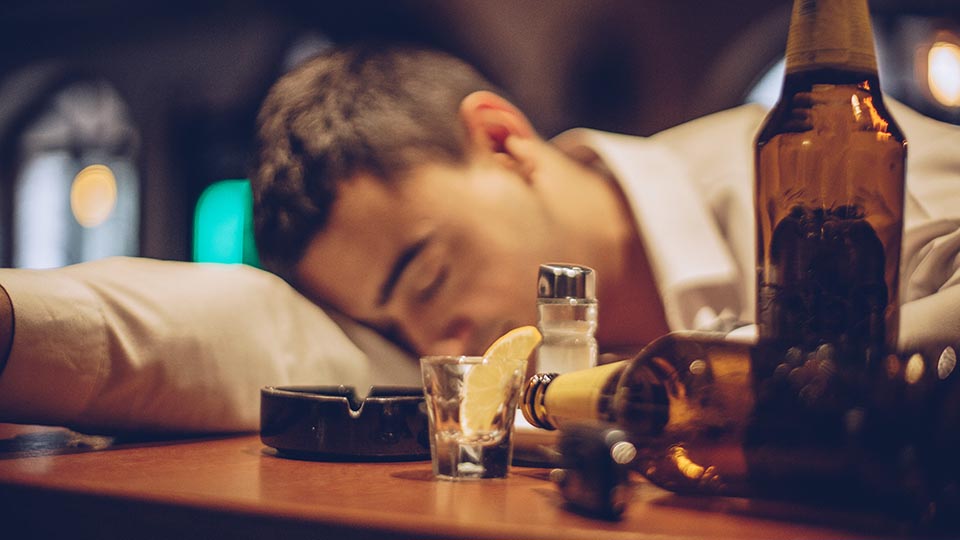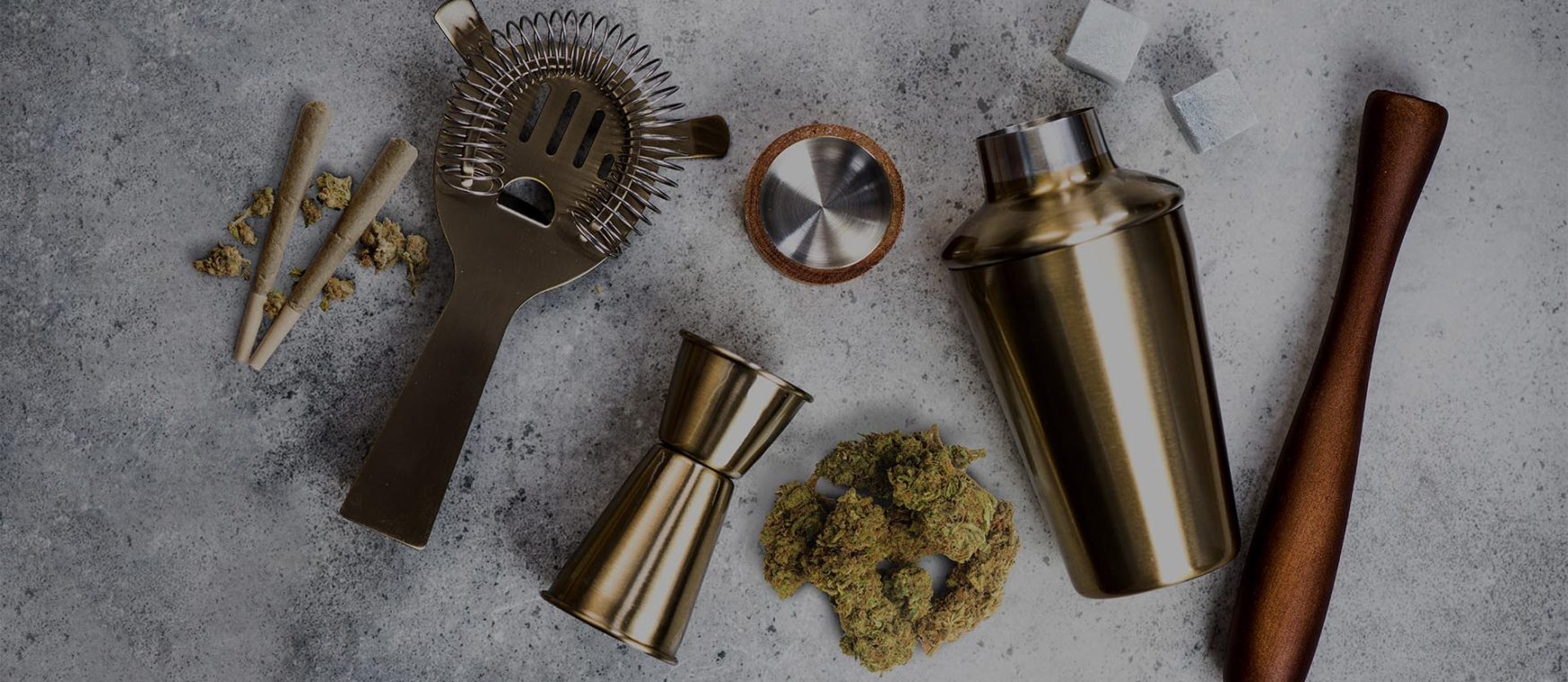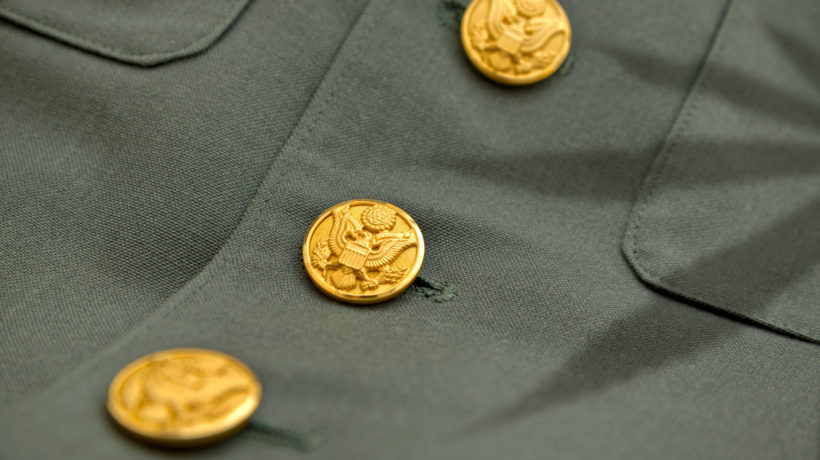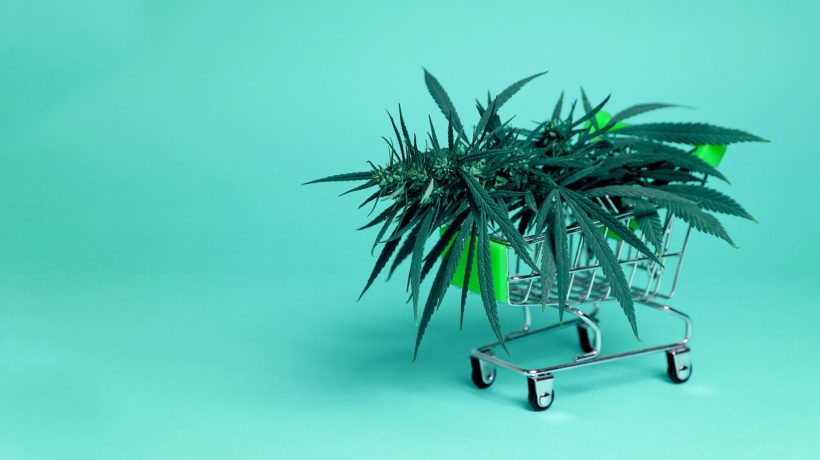Tired of hangovers and drunk texts? You’re not alone. Alcohol is the most commonly abused drug in the United States. More than seventeen million Americans abuse or are dependent on alcohol. According to the National Institute on Alcohol Abuse and Alcoholism, alcohol is the third leading preventable cause of death in the United States behind tobacco and obesity. Moreover, about a third of driving fatalities are alcohol-related.
Beyond these scary facts, the day after holidays like St. Patrick’s Day reminds us how painful a night of drinking can really be. While replacing one substance with another may not be a longterm solution, growing evidence suggests that cannabis may also significantly help people curb their drinking.

The most notable study on the matter was conducted by Dr. Tod H. Mikuriya, a California psychiatrist who’s considered by many as the grandfather of the medical marijuana movement in the United States. He was a founder of the California Cannabis Research Medical Group and Society of Cannabis Clinicians and was also one of the architects of California’s Proposition 215, the 1996 state ballot measure that legalized medical marijuana in the state. That effort was an outgrowth of research he had begun back in the 1960s on cannabis’s therapeutic possibilities. Among the more than two hundred conditions, afflictions, and ailments he identified as benefitting from cannabis consumption was alcoholism as well as other addictions.
Published in 2004, Mikuriya’s Cannabis as a Substitute for Alcohol report was based on case studies of ninety-two people who had used cannabis to stop or cut back on drinking. In the report he notes, “All patients reported benefit, indicating that for at least a subset of alcoholics, cannabis use is associated with reduced drinking.”
All patients reported benefit, indicating that for at least a subset of alcoholics, cannabis use is associated with reduced drinking.”
Nine patients who had stopped drinking completely—ranging from two years to nineteen—attributed their long-term sobriety to cannabis. One of the case studies was of a forty-nine-year-old woman. “The patient had observed that when she smoked marijuana socially on weekends, she decreased her alcoholic intake.” By substituting cannabis whenever she had the urge to drink, the woman stopped drinking completely, with minimal withdrawal symptoms, which can range from mild (anxiety, shaking, irritation, and fatigue) to dangerous (seizures and delirium tremens) that lead to death in up to 5 percent of longtime addicts.

Mikuriya concluded substituting cannabis was beneficial for both problem drinkers who needed to stop and social drinkers simply wanting to cut back, a view backed up by anecdotal evidence from cannabis chat rooms where people report having less or no desire to drink while using cannabis.
Some experts also agree. For example, a clinical psychologist from the University of British Columbia, Zachary Walsh, who is investigating the social consequences of Canada legalizing marijuana, believes cannabis use on college campuses could curb binge drinking.
Walsh notes that many problems that plague many colleges—such as alcohol-related assaults and injuries—may be reduced as students choose to use cannabis as a substitute for binge drinking. “I think it’s going to have a positive effect on Canadian campuses.”
Please note: The side effects of alcohol withdrawal can be extremely dangerous and even fatal, especially for those who have been dependent on alcohol for a prolonged period of time. It is crucial for detox to be done under close medical supervision.



